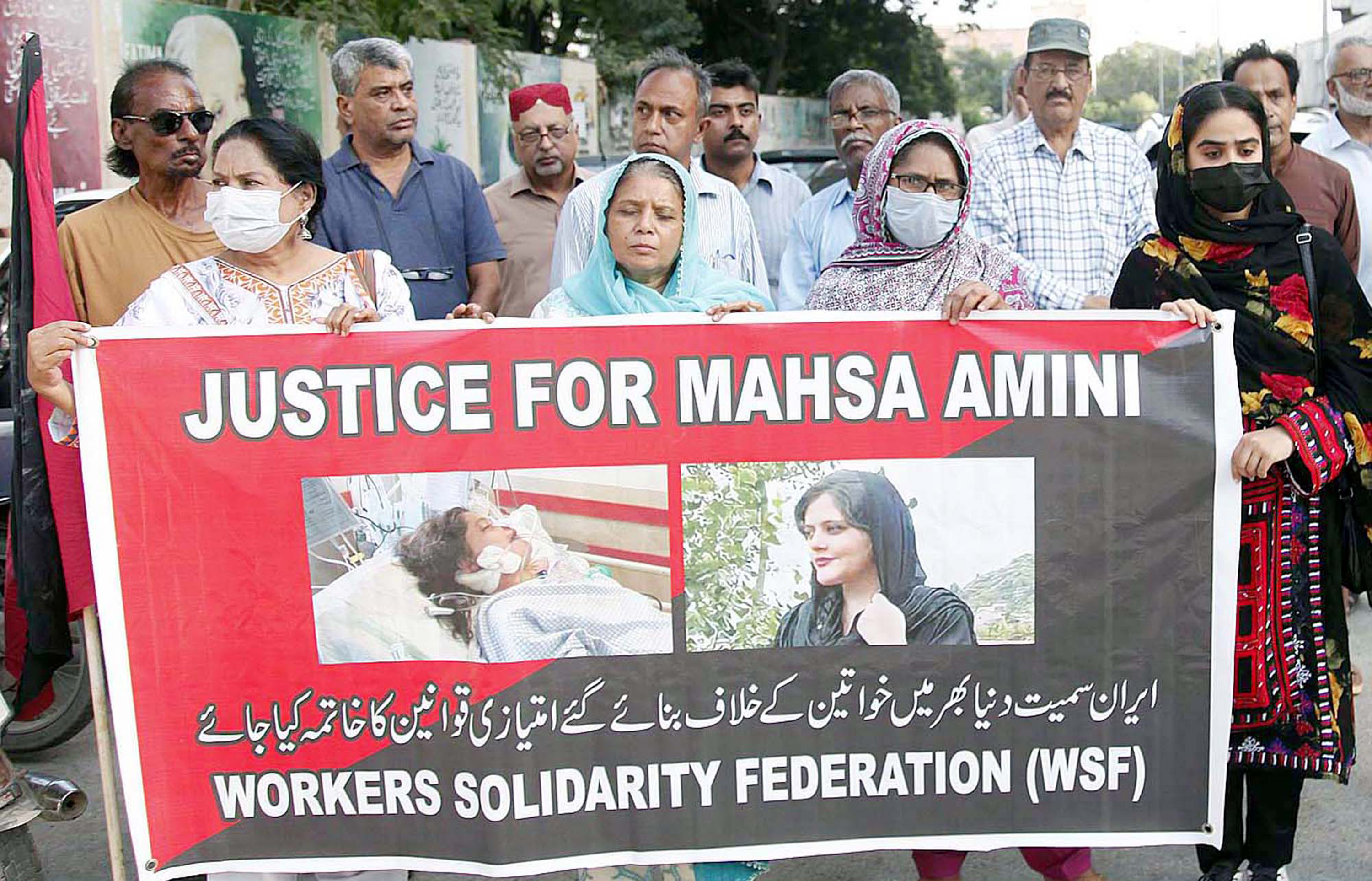Women’s issues
Missing out school

In Tamale, a city in northern Ghana, a high school hosts a debate on the lack of knowledge about menstruation. Adolescent girls from different schools discuss the topic. Student debater Akolbila Mavis says: “Many Ghanaians are informally educated, therefore low knowledge on personal and menstrual hygiene is not a result of poverty.” But Gladys Duncan, another high school student, disagrees. “We all know that not everyone has access to education. Is it not due to poverty?,” she asks.
Lack of knowledge on menstruation is one of several factors that keep girls from going to school during their period. Traditional beliefs play a role too. Gladys Duncan says: “In my village, for example, it’s believed that you are dirty when you menstruate. Sometimes the men will tell you not to touch them.”
The Northern Sector Advocacy and Awareness Center (NORSAAC) in Tamale runs the pilot project “Promoting Menstrual Hygiene in schools” in the northern region. “Menstruation comes with a lot of perceptions,” says project coordinator Nancy Yeri. “In some places, when a girl has her period, she is not supposed to cook or to greet elders.”
On top of that, there is a practical reason for girls to stay inside during their period: most of them cannot afford sanitary pads. Rosemond Adongo, headmistress of the Bagabaga Junior High School in Tamale, explains: “Those who come to school when they get it feel bad the whole day, because they think their friends notice that they are menstruating. It affects learning.”
A lack of personal hygiene is a serious issue too. Due to the unaffordability of sanitary pads, girls often use old rags to catch the flow of blood. According to Gladys Mutara from Action Aid Tamale this is unhygienic. “Menstruation is a taboo – it shouldn’t be known that you are menstruating,” she explains. “As a consequence, girls don’t have the confidence to wash out the rag properly and hang it outside to dry so that bacteria get killed by the sun.” Mutara points out that many poor girls “use the dirty rag for the entire period”, which is a health hazard.
Civil-society organisations like NORSAAC want the government to provide free sanitary pads to girls in schools. Schoolgirl Abigail Nelson thinks this is a good idea: “Our parents are poor, they don’t even have the money to give us good food to eat, not to mention buying sanitary pads.”
Maxwell Suuk is a journalist and lives in Northern Ghana.
suuk.max@gmail.com
Links
Northern Sector Advocacy and Awareness Center (NORSAAC):
http://www.norsaac.org/
Action Aid Ghana:
http://www.actionaid.org/ghana












